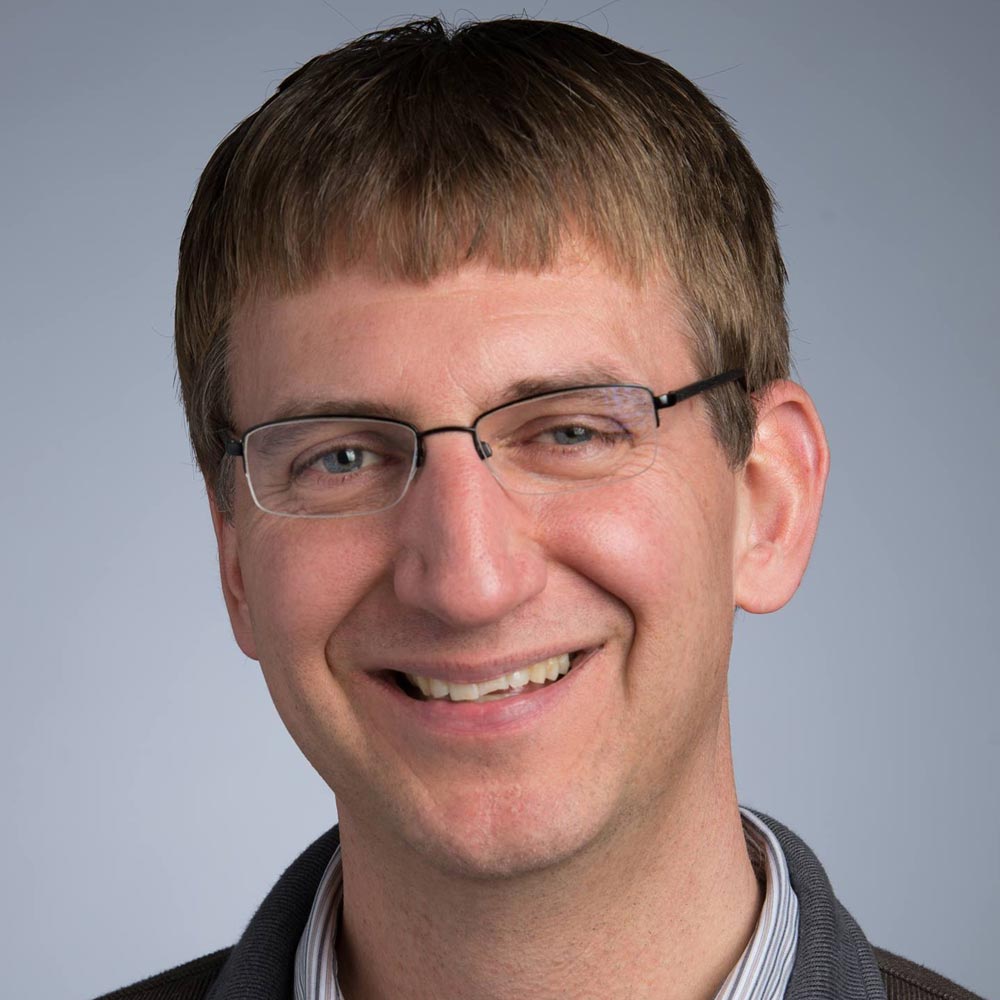
Composer
Ed Martin (b. 1976) is an award-winning composer whose music has been performed worldwide at events such as the ISCM World New Music Days, International Computer Music Conferences, World Saxophone Congresses, the Seoul International Computer Music Festival, Confluences – Art and Technology at the Edge of the Millennium in Spain, and the International Electroacoustic Music Festival Santiago de Chile. His works have been heard at numerous venues throughout U.S. by ensembles such as the Minnesota Symphony Orchestra, Ear Play, the Empyrean Ensemble, the Synchromy Ensemble, Musical Amoeba, the Bells of the Cascades, and duoARtia. His music is released on Ravello Records, Mark, Centaur, innova, Emeritus, and SEAMUS labels, and has received first prize awards from the Percussive Arts Society, Musical Amoeba, the Electro-Acoustic Miniatures International Contest, the Craig and Janet Swan Composer Prize for orchestral music, and the Tampa Bay Composers’ Forum.
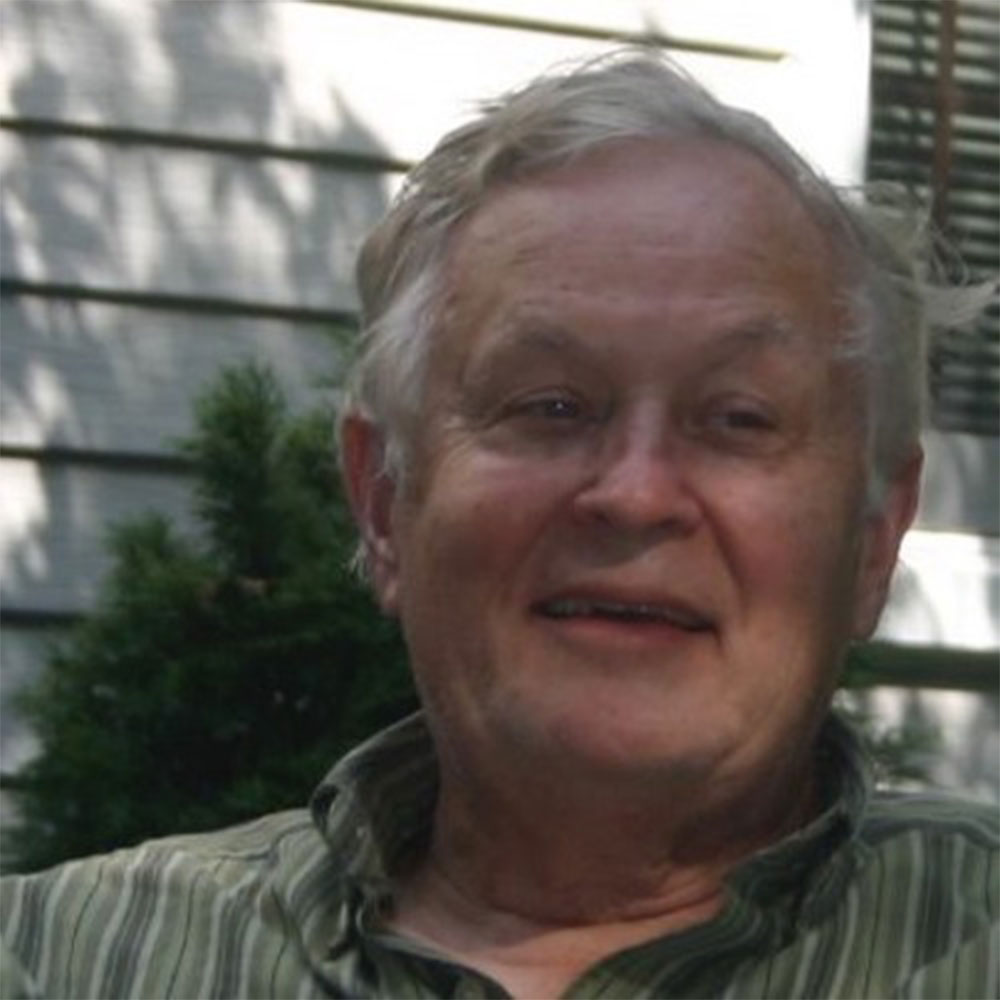
Composer
Robert J. Martin is known for music projects based on images and metaphors from the world at large. Martin's composition titles and, in the case of multi-movement works, movement titles are image-based, giving listeners a puzzle to solve or an idea to listen for. Examples of Martin's image-centered pieces include works for soloists such as Limoncello Suite for cello; My Mind's Attic for tenor pan; Hommage Á Tom et Jerry for soloist alternating between flute and piccolo (recorded by Ronda Ford Benson, available from rondaford.com); Ten Thousand Things Moving for flute; Two for One, for soloist alternating between alto and soprano saxophone; and a body of piano works, including the two works in this set: 100 Views of Mt. Fuji: 100 Pieces in One Hundred Minutes - Homage to Hokusai and stone & feather. Ensemble image-based pieces include Here There Be Dragons for brass choir; Palace of the Winds for flute choir; Embrace the Wind: A Celebration of Wind and Wind Energy, a seventy-five minute cycle for string quartet; and The Owl and the Pussycat for harp and flute.
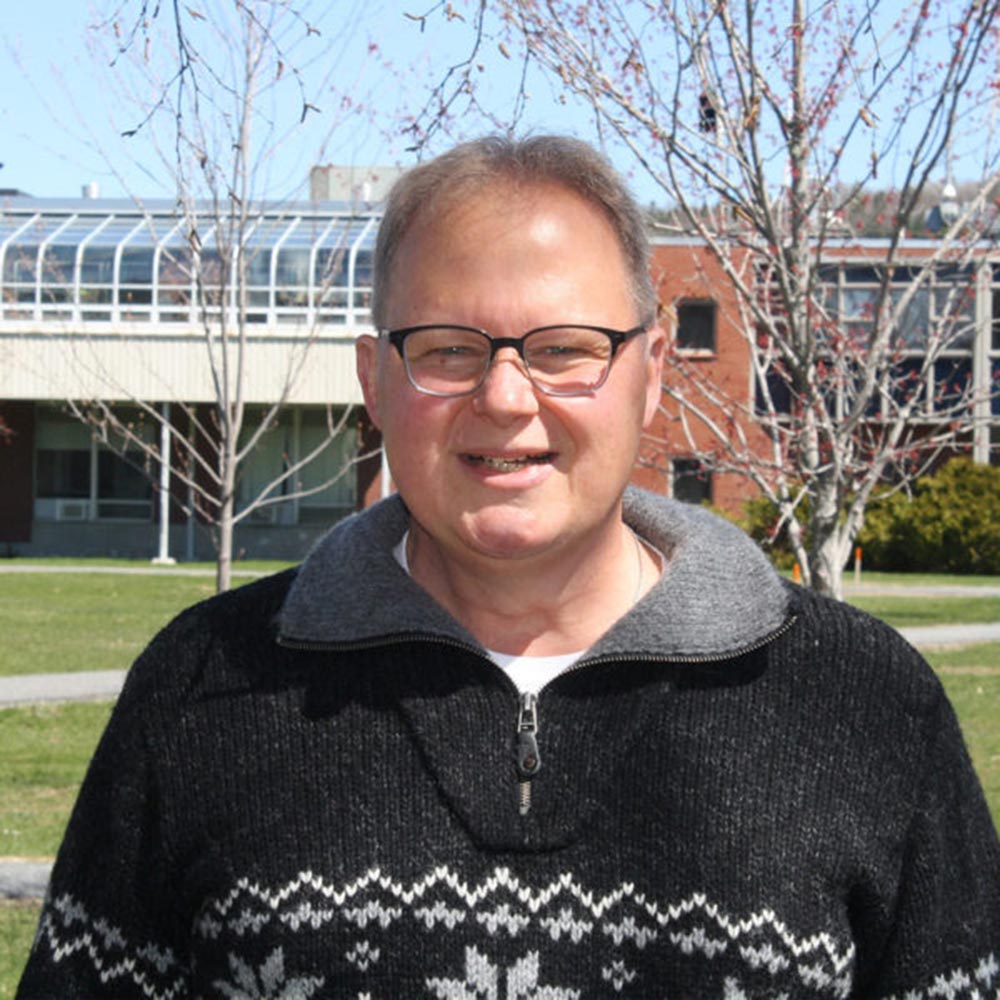
Composer
Illinois native Scott Brickman (b. 1963) was educated in the Chicago Public Schools and holds a B.M. from the University of Wisconsin and a Ph.D. in Music Composition and theory from Brandeis University. Brickman learned under both Chester Biscardi and Yehudi Wyner, whom he regards as his most important and influential composition teachers. Since 1997 he has taught at the University of Maine at Fort Kent, where he is Professor of Music and Education.
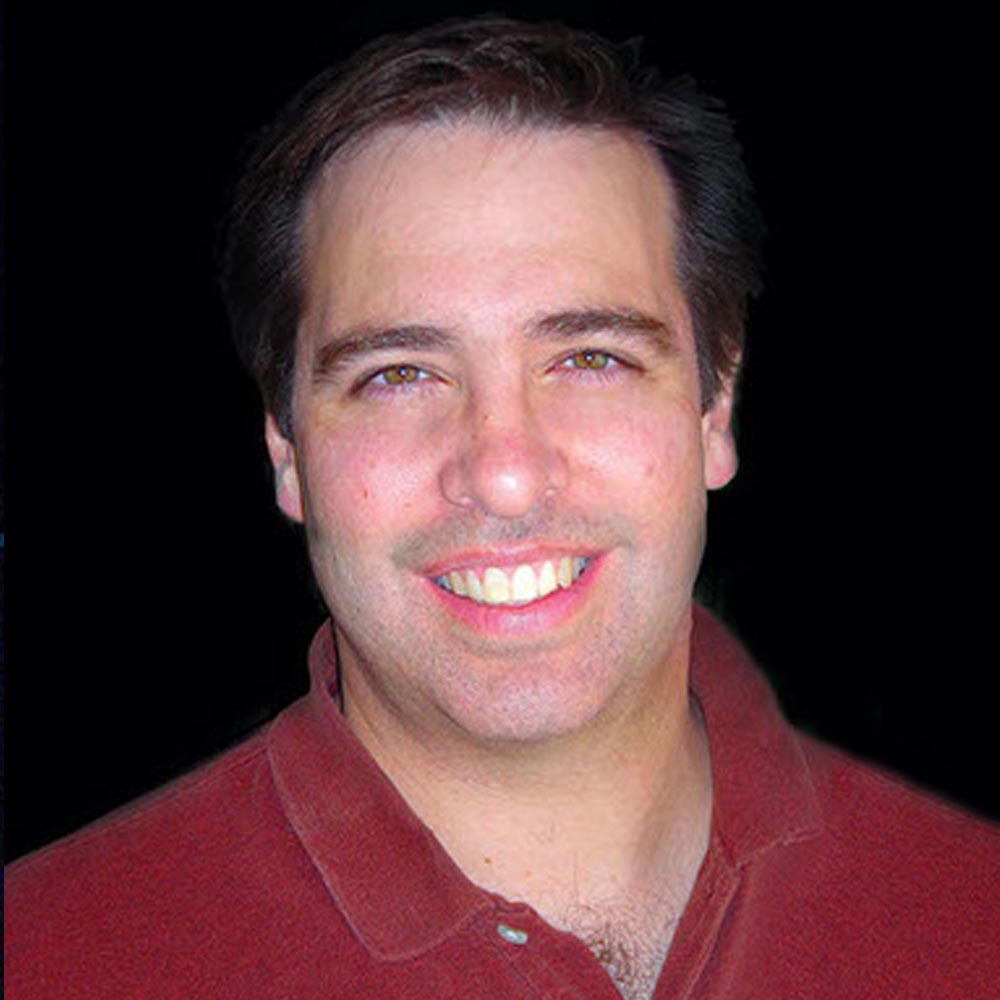
Composer
The Chilean-American composer Miguel Chuaqui was born in 1964 in Berkeley California, and grew up in Santiago, Chile. He studied piano at the Escuela Moderna de Música and the Pontificia Universidad Católica de Chile. In 1984 he transferred to the University of California at Berkeley, where he majored in Mathematics and Music, studied electroacoustic music at CNMAT (Center for New Music and Audio Technologies), and went on to complete his Ph.D. in Composition with composer Andrew Imbrie.
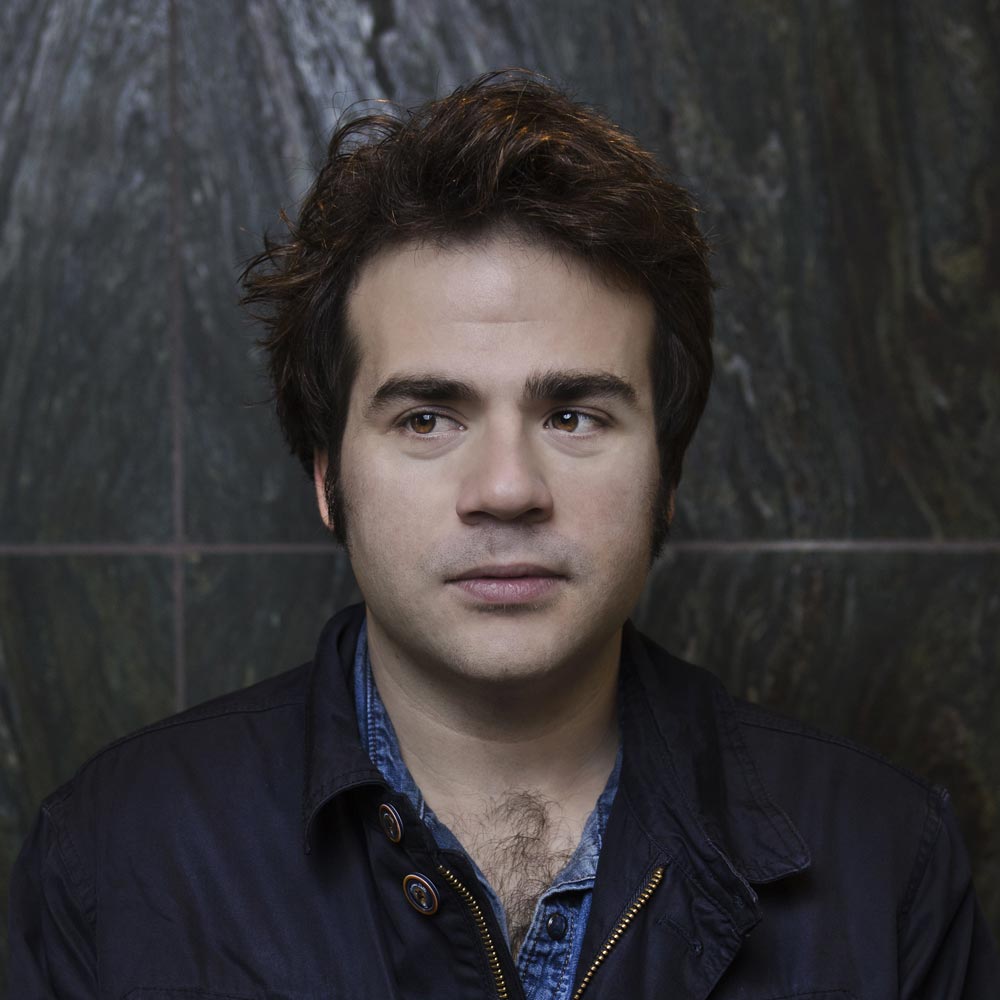
Composer
Turkish composer Hakki Cengiz Eren’s (b. 1984) music has been performed across the United States and Europe. Recent performances of his music have been given by renowned soloists and ensembles, including Garth Knox, Calvin Wiersma, Mak Grgic, members of ECCE (Diamanda Dramm, Paolo Vignoroli, Vasko Dukovski and Virginie Tarrête), Argus Quartet, Ensemble Nodus and the Thornton Edge.
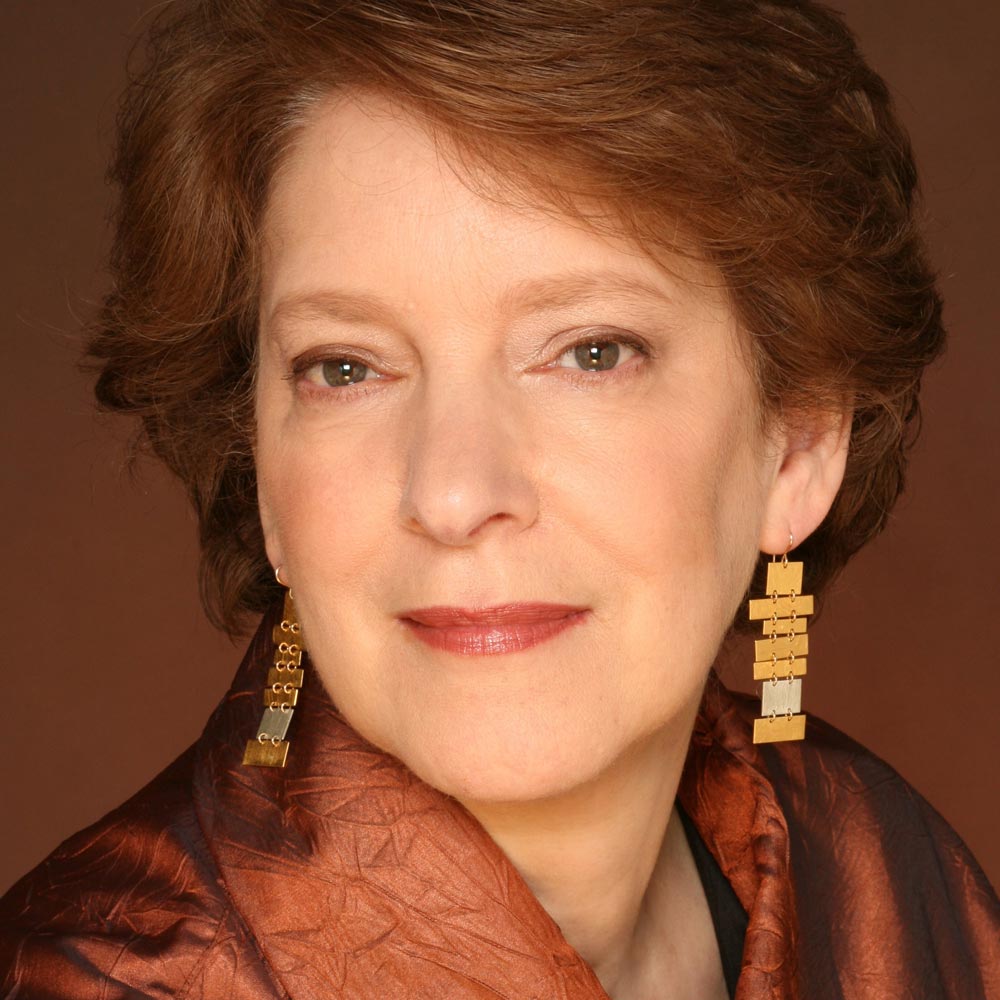
Composer
Called a true sound artist, who ". . .applies sound to the airwaves the same way a painter applies colors to canvas," (Fanfare), Judith Shatin is a composer whose music is inspired by a keen interest in literature and the visuals arts, and by the sounding world. She has been commissioned by organizations including the Barlow Endowment and Fromm Foundation, the Library of Congress and many more. Ensembles such as the American Composers Orchestra, Ensemble Berlin PianoPercussion, the Kronos Quartet and the National, Illinois and Richmond Symphonies have also commissioned her work.
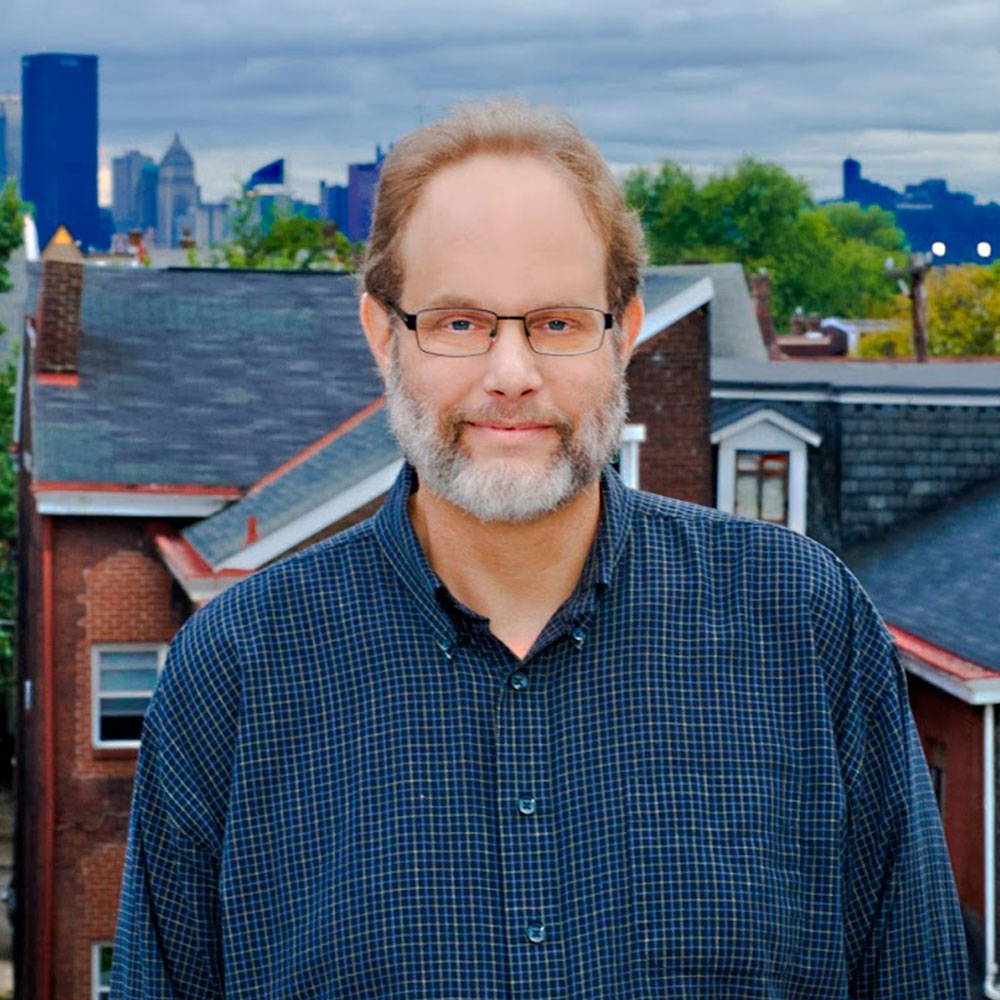
Composer
A classically trained composer with an ongoing fascination for popular culture, Philip Thompson's music explores a wide array of styles, from his baroque-metal professional wrestling opera The Final Battle for Love to the intimate and introspective Nocturnes for string trio. His compositions have been performed by IonSound Project, Thompson Street Opera, Alia Musica Pittsburgh, violinist Roger Zahab, and bassist Andrew Kohn among others. Performances of his work have taken place in venues including the Virginia Arts Festival, Pittsburgh Center for the Arts, the Centre for Intercultural Music at Churchill College (UK), Music on the Edge, The Listening Room (Grand Valley State University), and Concordia University’s EuCuE (Montreal).
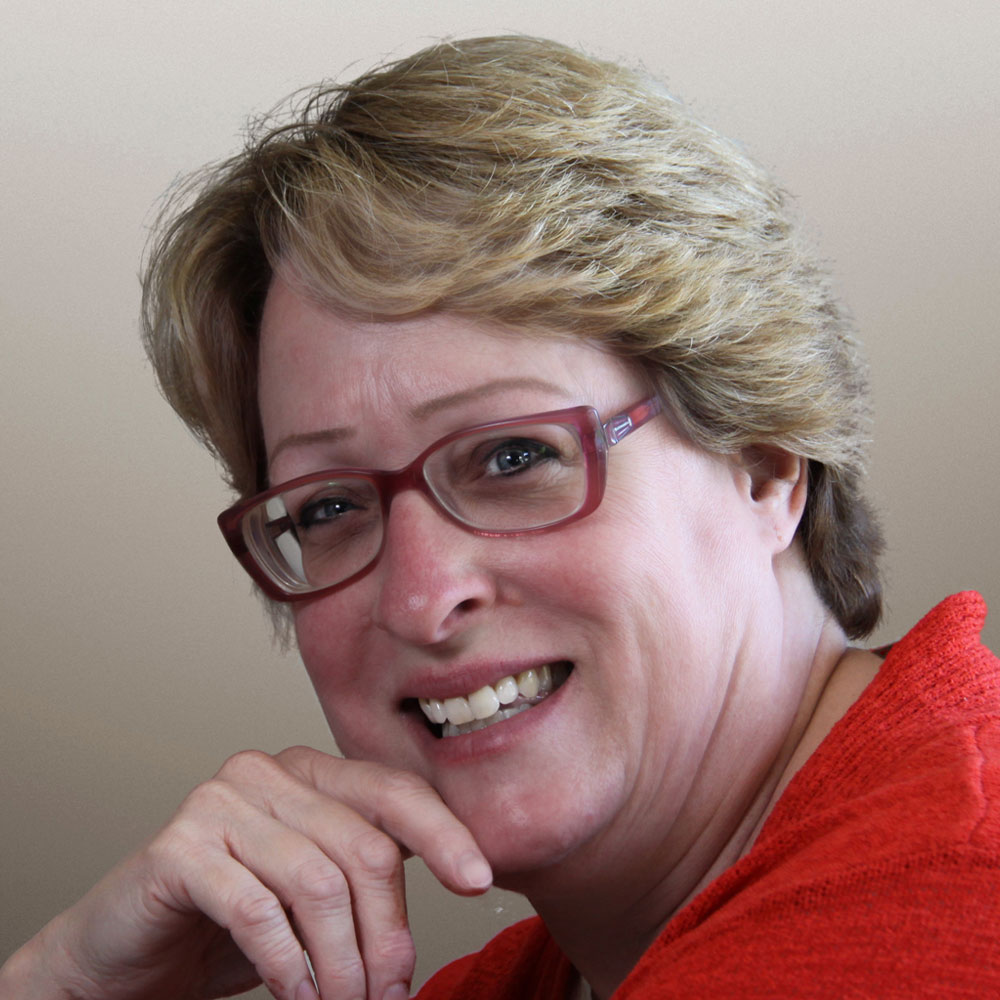
Composer
Dr. Leslie Odom is Associate Professor of Oboe and Music Theory at the University of Florida. Her teachers include Richard Killmer (Eastman School of Music), James Lakin (University of Iowa), Malcolm Smith, (Butler University), and Marion Gibson (Principal Oboe, Louisville Symphony Orchestra). Dr. Odom received her Bachelor of Music in Oboe Performance from Butler University, in Indianapolis, Indiana; her Master of Music in Music Theory and her Doctorate of Musical Arts in Oboe Performance from the Eastman School of Music in Rochester New York. She also received the coveted Performer’s Certificate during her doctoral work.
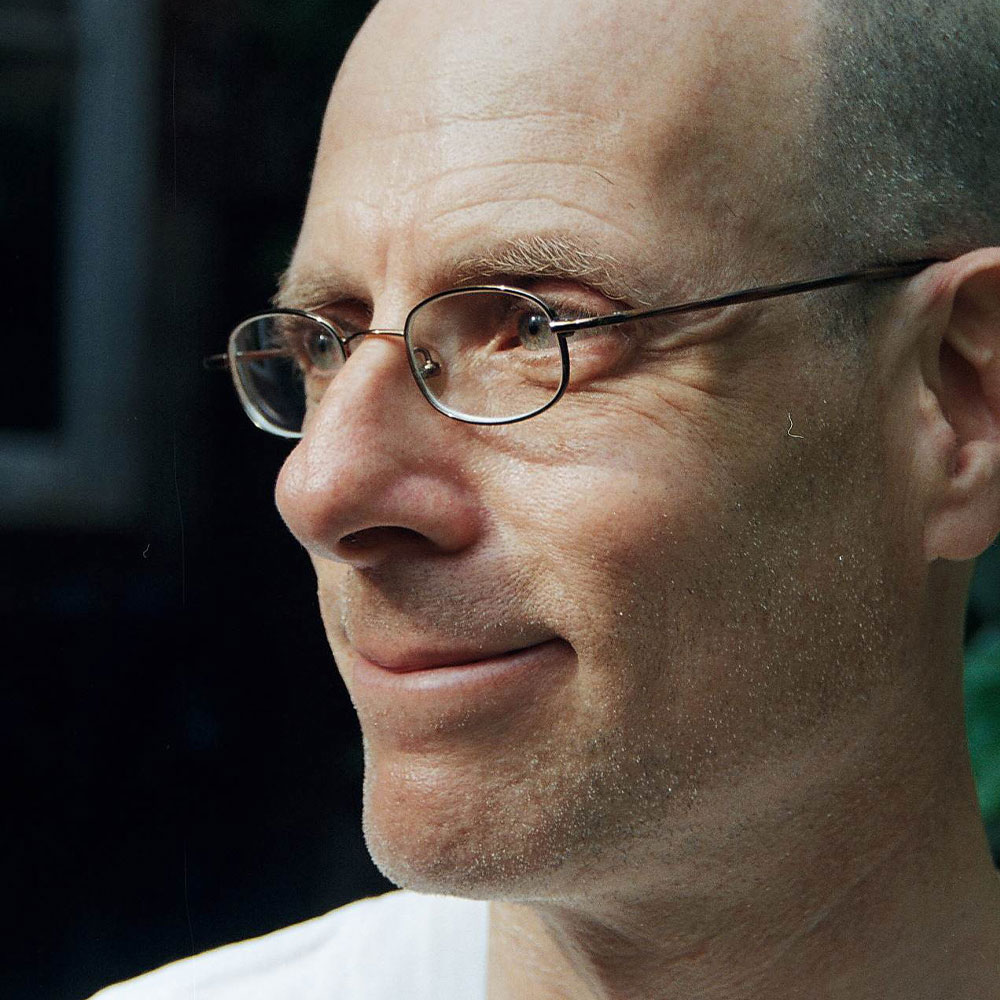
Composer
Sidney started composing when he was 6. He learned species counterpoint when he was 10, and entered Juilliard when he was 15, studying composition with Hall Overton. He also studied with Roger Sessions and Otto Luening at Juilliard, with Darius Milhaud at Aspen, and with Charles Dodge at Columbia University. Over the past 10 years, his hearing has diminished rather severely. But with some creative programming of his hearing aids, he has continued composing, and today is at the top of his creative powers.
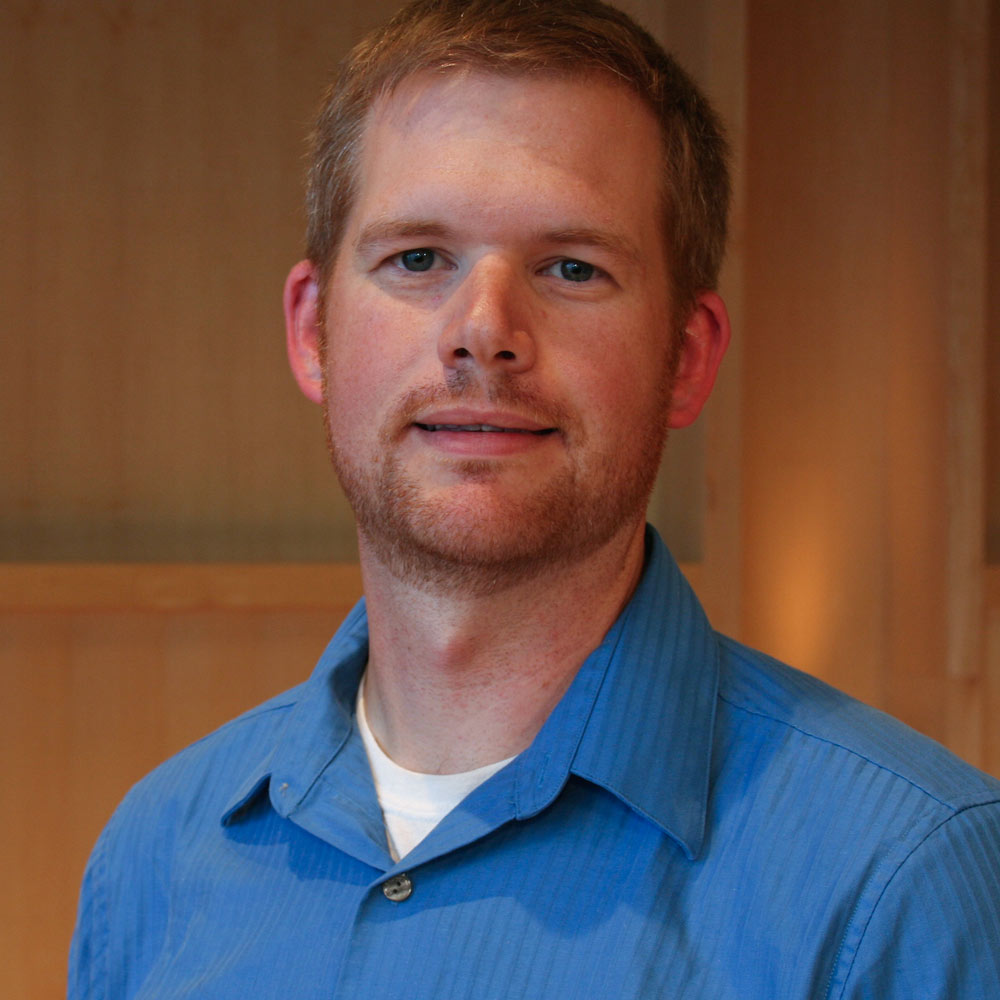
Composer
John K. Leupold, II is an Annapolis, MD based composer and percussionist whose music combines a wide variety of influences including popular music and world music with a deep grounding in classical forms and traditions. His music often centers on rhythm and utilizes elements of minimalist textures. While often not explicitly stated, Leupold's works often communicate a narrative left up to the listener to decipher. The Washington Post described his music as "an imaginative exploration of instrumental timbres and ranges impelled by repetitive melodic figures." His works have been performed by such groups as Inscape Chamber Orchestra, the Left Bank Quartet, and Capital Reeds.
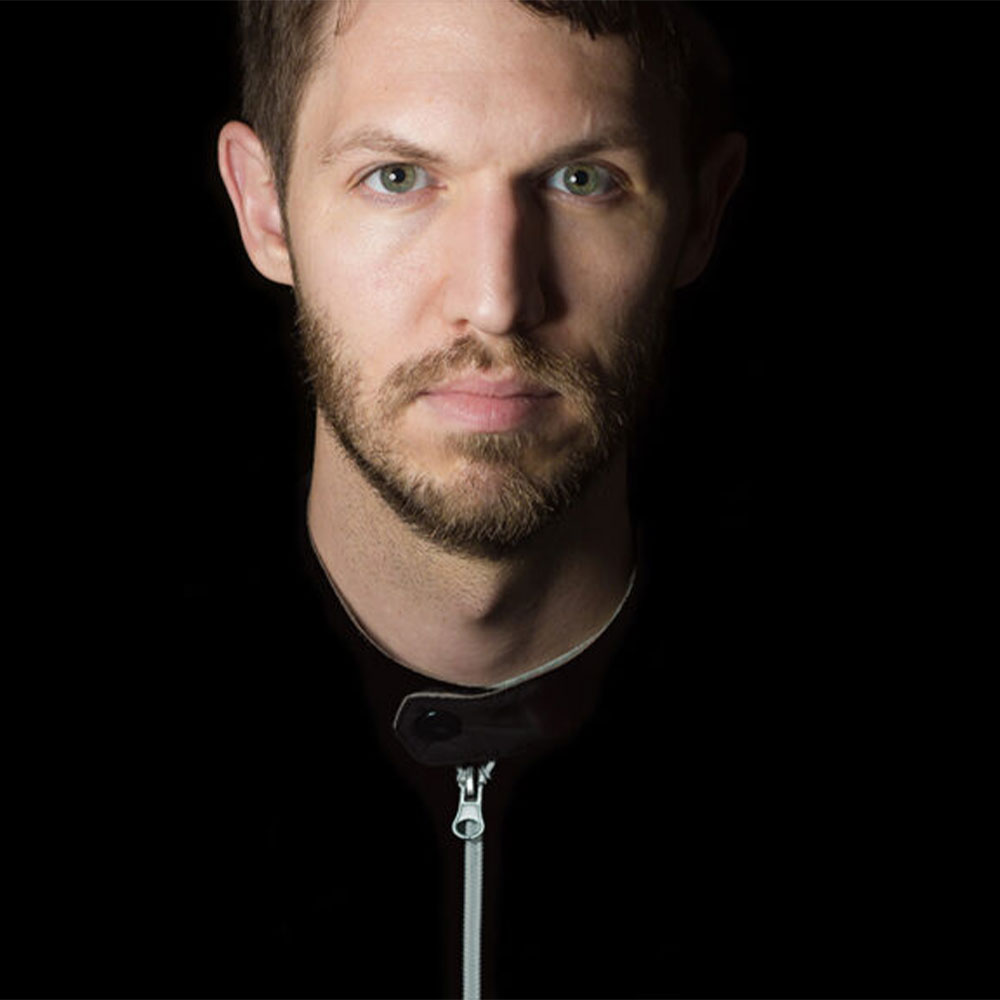
Composer
Ben Johansen is an interdisciplinary composer fascinated with exploring new ways of creating and organizing sound, designing aesthetically compelling visuals, and working with small electronics to construct installation art. He challenges himself to 1) constantly expand the limits of performers and observers and 2) design atmospheres that foster improvisation and indeterminacy within boundaries that are accessible to participants. Teaching is a passion of his that accompanies his desire to continually learn, create, and research. Ben's schooling has greatly influenced his interests. He completed his Bachelor’s in Music Education and Master’s in Music Composition at Baylor University where he is currently employed. Ben earned his Ph.D. from University of North Texas in Music with an emphasis in Composition, a Specialization in Computer Media and a minor in Installation Art.
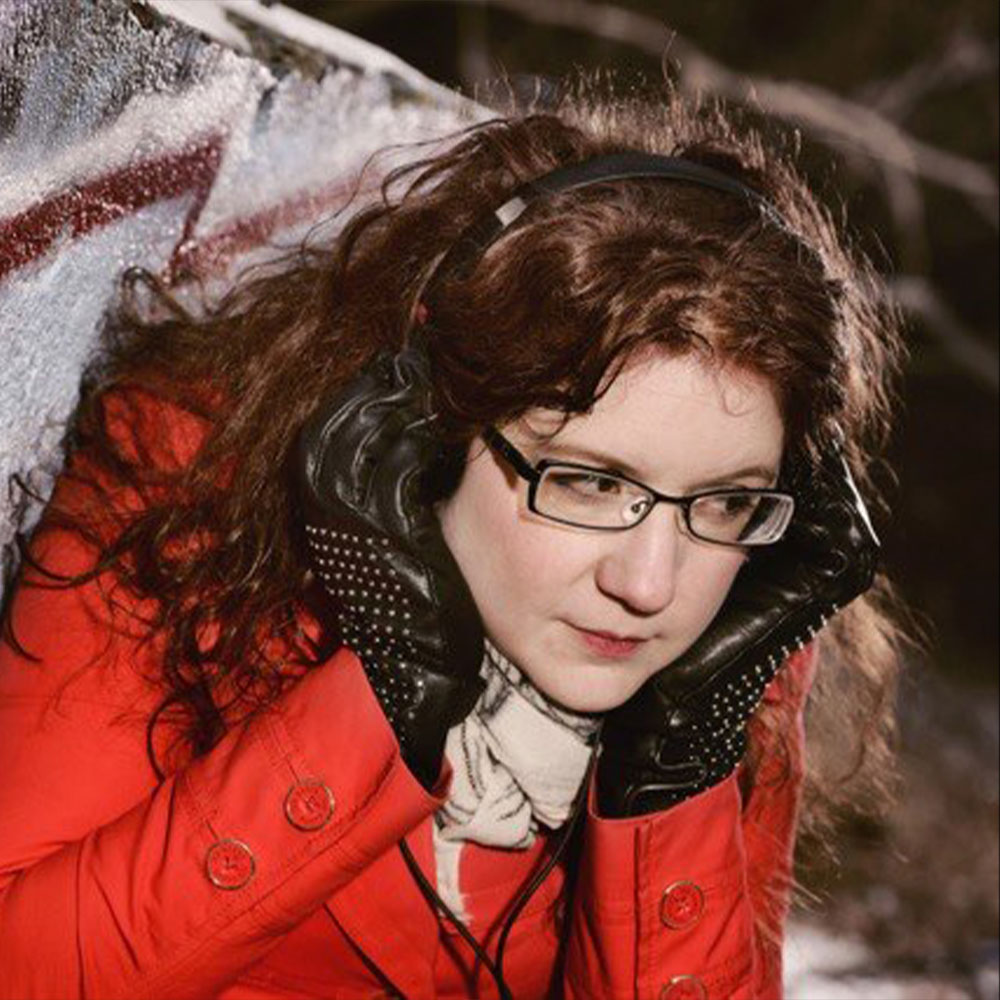
Composer
Margaret Anne Schedel is a composer and cellist specializing in the creation and performance of ferociously interactive media whose works have been performed throughout the United States and abroad. While working towards a DMA in music composition at the University of Cincinnati College Conservatory of Music, her interactive multimedia opera, A King Listens, premiered at the Cincinnati Contemporary Arts Center and was profiled by apple.com. She holds a certificate in Deep Listening with Pauline Oliveros and has studied composition with Mara Helmuth, Cort Lippe and McGregor Boyle. She is a joint author of Cambridge Press’s Electronic Music and recently edited an issue of Organised Sound on the aesthetics of sonification. Her work has been supported by the Presser Foundation, Centro Mexicano para la Música y les Artes Sonoras, and Meet the Composer. She has been commissioned by the Princeton Laptop Orchestra the percussion ensemble Ictus, and the reACT duo.
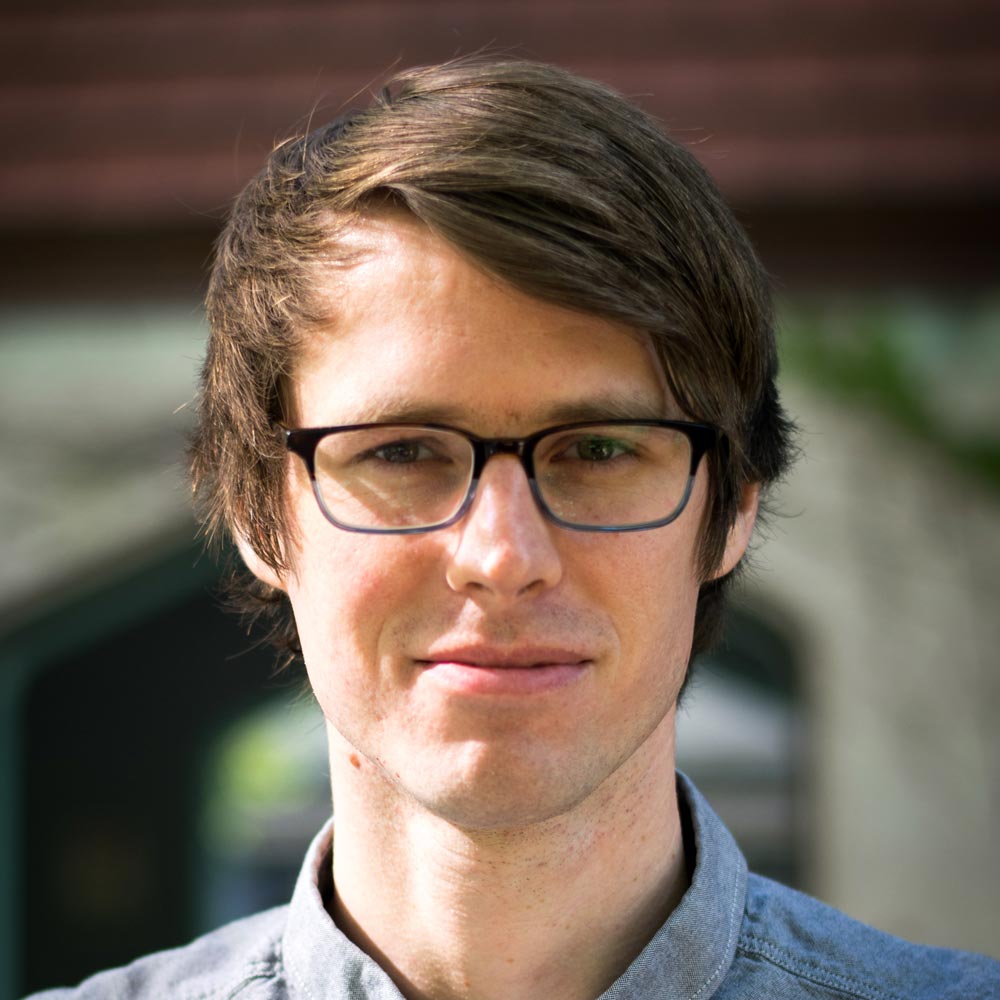
Composer
Ted Moore is a composer, sound designer, and music educator living in Minneapolis, MN. His work has been reviewed as “an impressive achievement both artistically and technically” (Jay Gabler, VitaMN), “wonderfully creepy” (Matthew Everett, TC Daily Planet), and “epic” (Rob Hubbard, Pioneer Press). Moore’s work focuses on live electronic processing with live performers using the digital signal processing programming language SuperCollider.
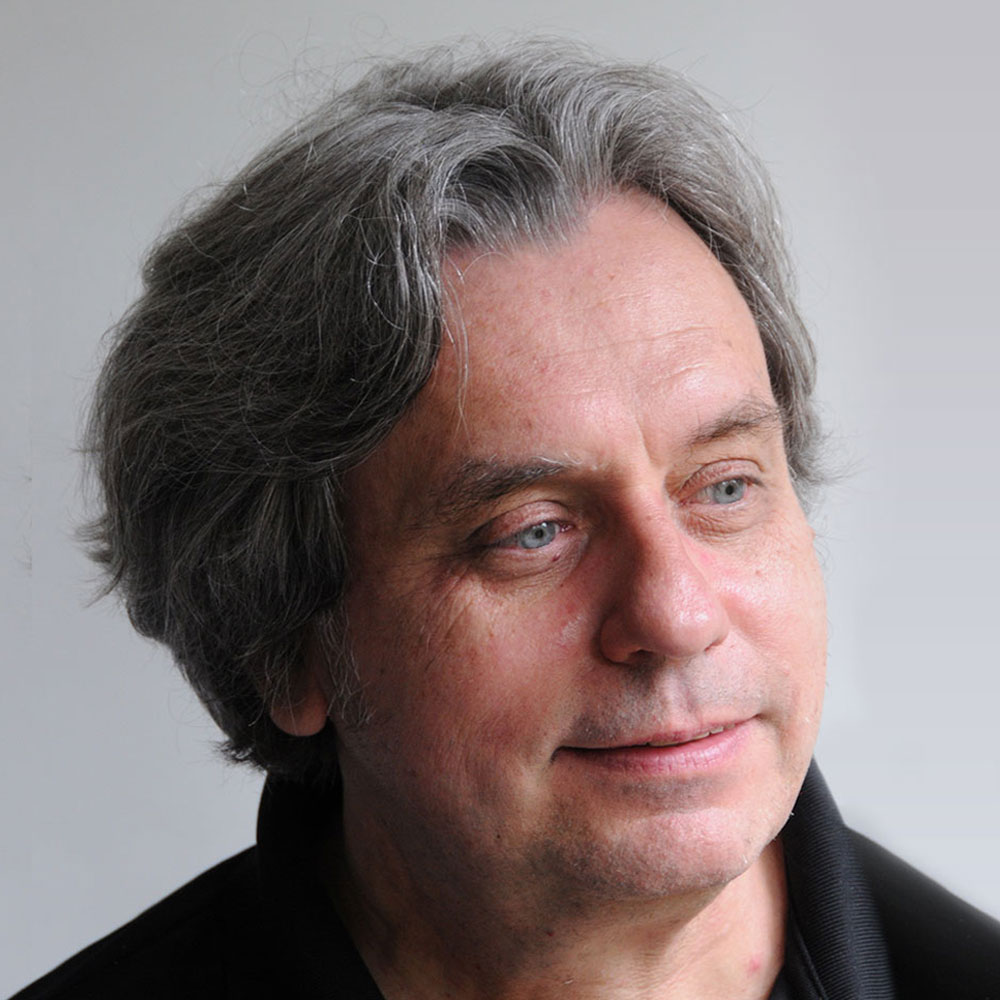
Composer
Joseph Koykkar is a musician who is at home in a variety of music from classical to avant-garde to rock and blues. As a composer, he has had his music performed nationally and internationally for over the past 30 years. Besides Double Takes and Triple Plays, his music can be heard on ten additional CDs, including an all-Koykkar release on Northeastern Records in 1992. In the past ten years three of his compositions (Out Front, Panache, and Streets and Bridges) have been in contention for a Grammy in the “Best Contemporary Classical Composition” category. He has composed for a variety of media including chamber music, orchestra, music for dance, film/video scores, and electronic/computer music. In addition to composing he is a pianist and conductor. He holds degrees from Indiana University (M.Mus.) and the University of Miami (DMA) and has received grants and awards from such sources as the Pew Charitable Trust for Music, the NEA, Meet the Composer, ASCAP, the American Music Center, the Wisconsin Arts Board and the American Composers Forum.
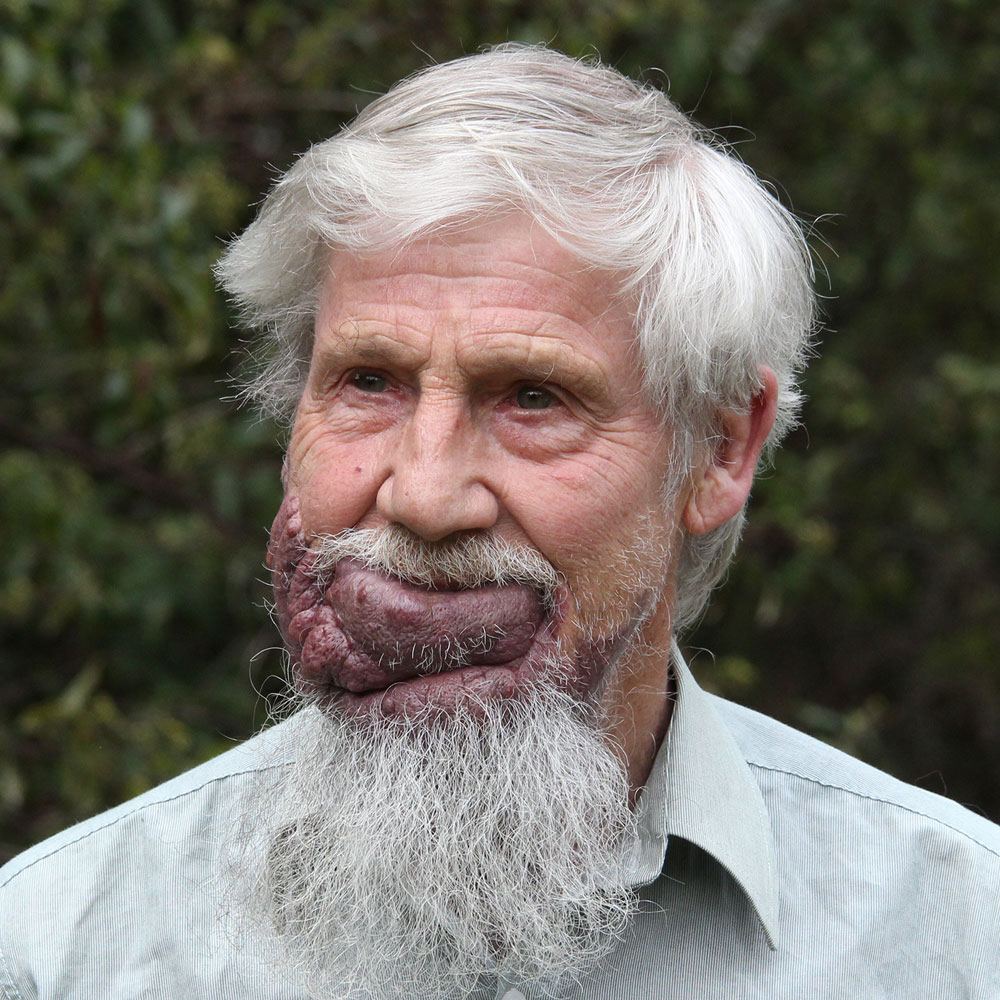
Composer
Ron Nagorcka (born 1948) composes in his hand-built solar-powered studio in a remote forest in Tasmania (the island state off Australia’s south coast) where the natural world provides him with much of his inspiration. He has been exploring both music and nature since his childhood on an Australian sheep farm and studied music – including pipe organ, harpsichord, and composition – at the University of Melbourne and the University of California, San Diego. In the 1970s he was a prominent and influential figure in Melbourne as an innovative composer, teacher, keyboard performer and improviser with electronics.
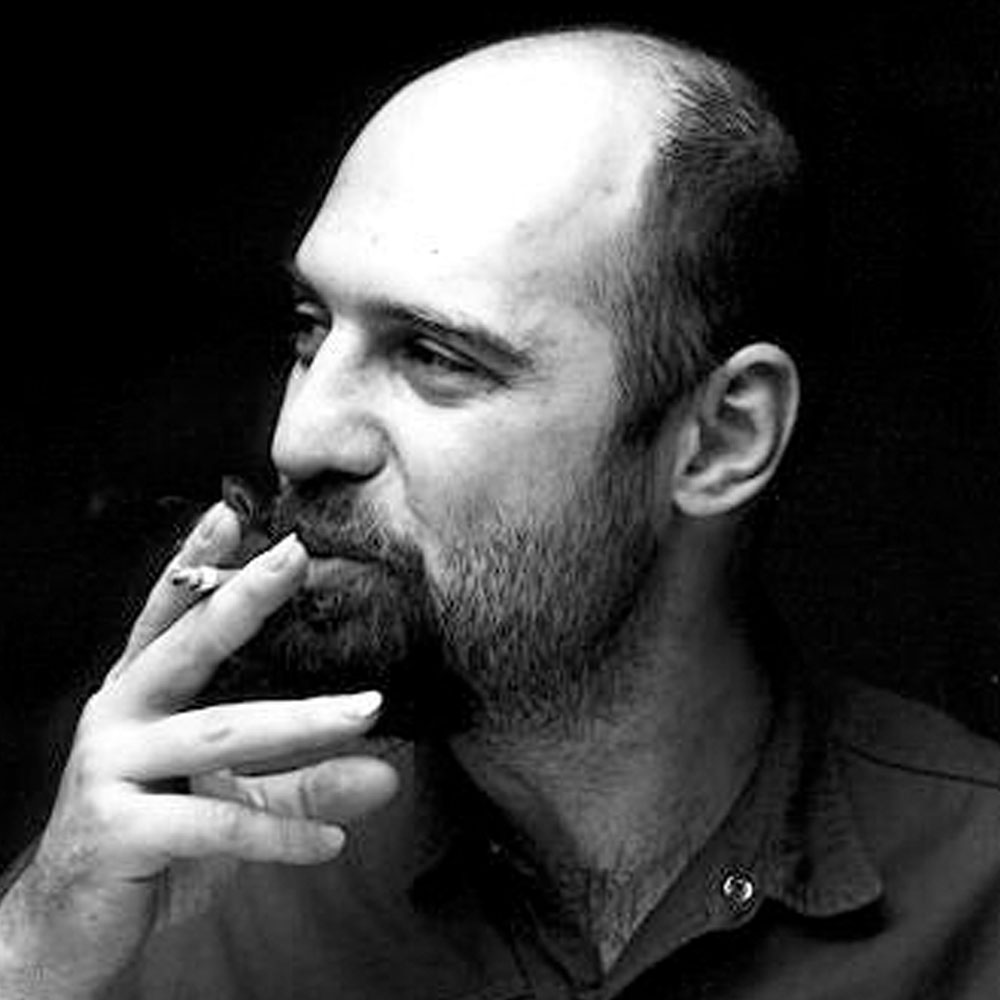
Composer
Zoran Šćekić received his BFA in jazz guitar at University of Music and Performing Arts Graz (Austria). As a recipient of the 1998 Bruxelles Stipendium, Šćekić went to Helsinki to continue post-graduate studies in composition and arrangement, and to participate in the International Summit of Music Academy as a representative of the Sibelius Music Academia. His works as composer, arranger, and guitarist in the field of written and improvised music is available on the unofficial six-disc studio and live album compilation Selected Works in Equal Temperament. These recordings are the results of playing jazz guitar in duo, trio and quartet settings; collaborating with light and stage designers, choreographers, and visual artists in the creation of theater and film music; participating in jazz and free jazz festivals; and writing a number of works for big band, chamber orchestra, and large orchestra.
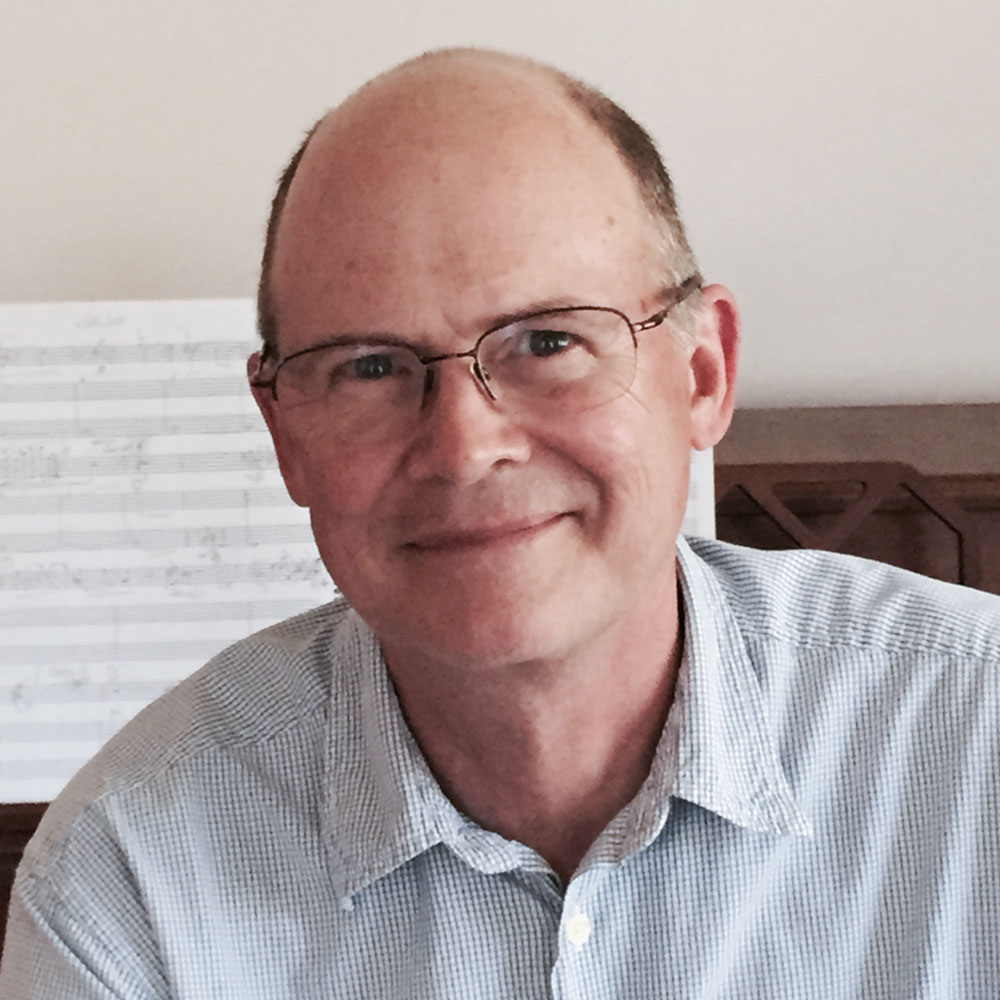
Composer
Russell Pinkston (b. 1949) currently resides in Austin TX, where he is Professor of Music Composition and Director of Electronic Music Studios at The University of Texas at Austin Butler School of Music. He holds degrees from Dartmouth College (BA 1975) and Columbia University (MA 1979, DMA 1984), where he studied composition with Jon Appleton, Jack Beeson, Mario Davidovsky, George Edwards, and Chou Wen-chung.
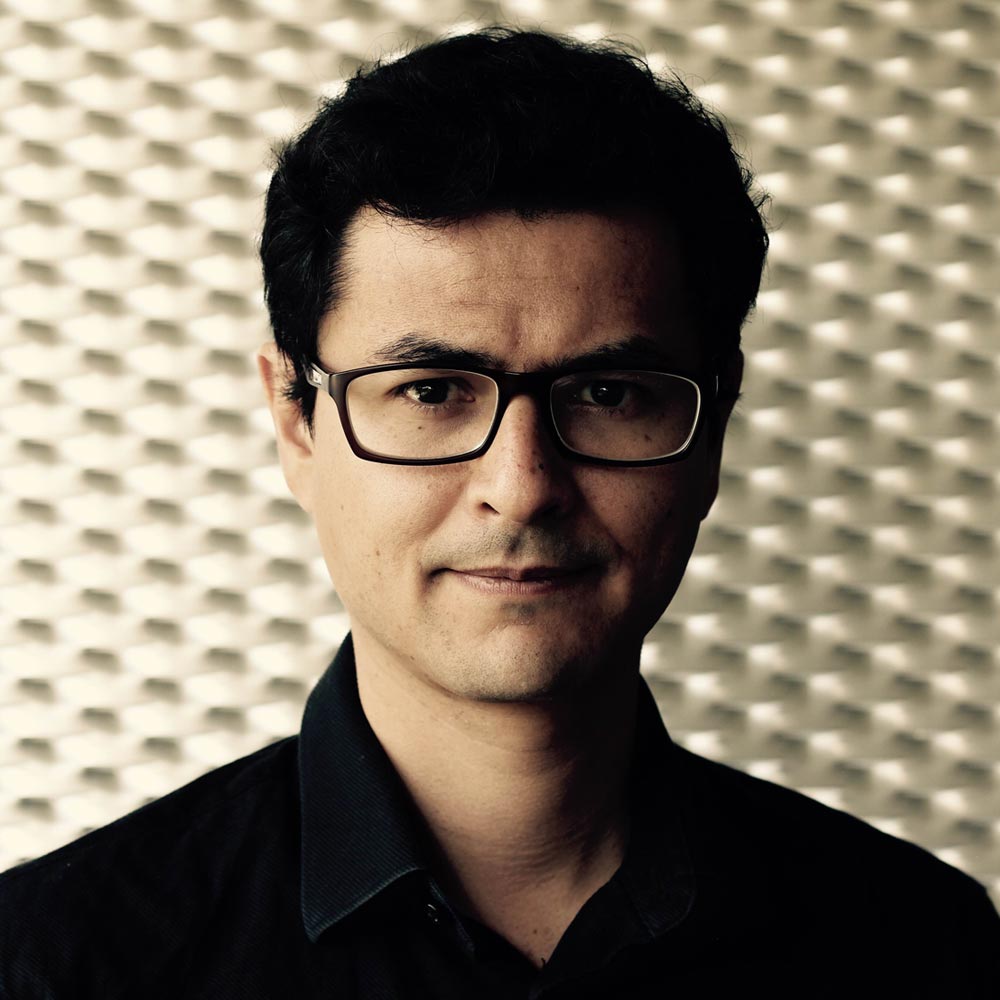
Composer
Edgar Barroso received his Phd in Music Composition from Harvard University, where he was director of the Harvard Group of New Music, and worked with Hans Tutschku, Brian Ferneyhough, Helmut Lachenmann, Michael Gandolfi and Chaya Czernowin. In 2013 he was selected as part of the Inaugural Society of Harvard Horizon Scholars and from 2010 - 2012 was the appointed Director of the Harvard Group for New Music. From 2015 - 2018 he became a member of Mexico's National System of Art Creators.
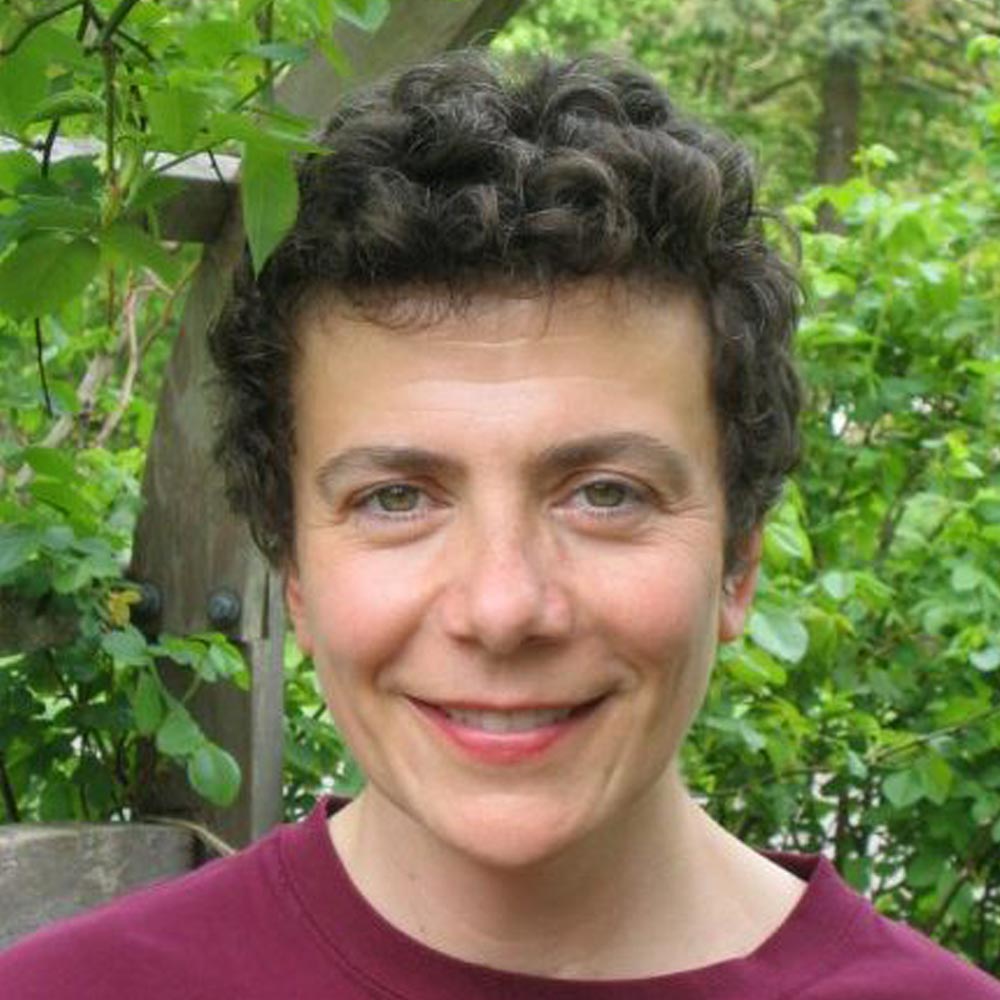
Composer
Frances White writes instrumental, vocal, and electronic music. She studied at the University of Maryland, Brooklyn College, and Princeton University. She has received awards, commissions, grants, and fellowships from organizations such as The Guggenheim Foundation, The New Jersey State Council on the Arts, the Ditson Fund, the Mary Flagler Cary Trust, the Copland Fund, Prix Ars Electronica, the International Computer Music Association, Hungarian Radio, ASCAP, the Bang On A Can Festival, the Other Minds Festival, the New Jersey Symphony Orchestra, the Dale Warland Singers, the American Music Center, the MacDowell Colony, and the Djerassi Resident Artists Program. Recent works include commissions from the Third Practice Festival for the ensemble eighth blackbird, the Fromm Foundation, the MAP Fund, the Solaris Vocal Ensemble, Commissioning Music USA (formerly Meet the Composer), and The Crossing chamber choir.
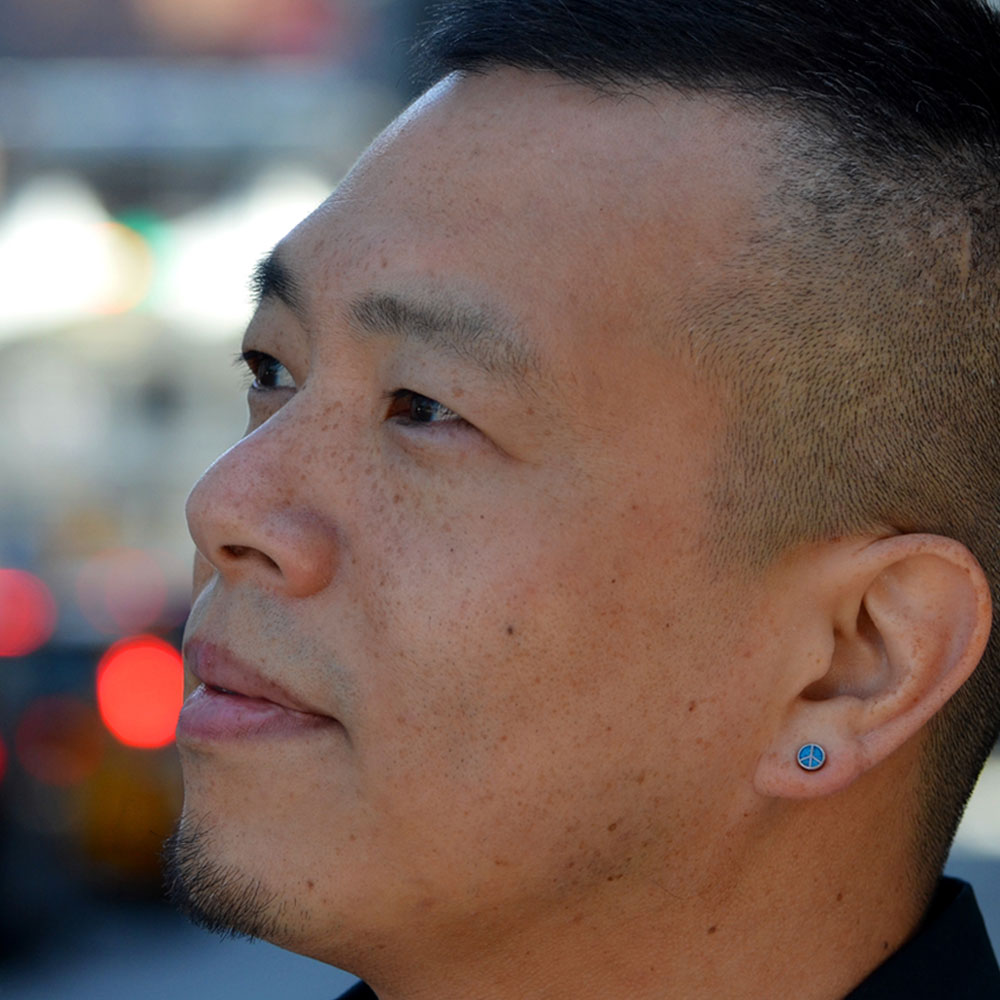
Composer
Masatora Goya is a composer extensively writing a new kind of chamber music for everyone. Trained as a vocal performer first, he explores the musical landscape of drama, space, and emotion. Described as a "composer of cultural crossroads" by American Composers Forum, his unique eclecticism has attracted many musicians performing in nontraditional chamber ensembles.
Composers
©2024 Ravello Records. All rights reserved. Website by PARMA Recordings. | Privacy Policy
